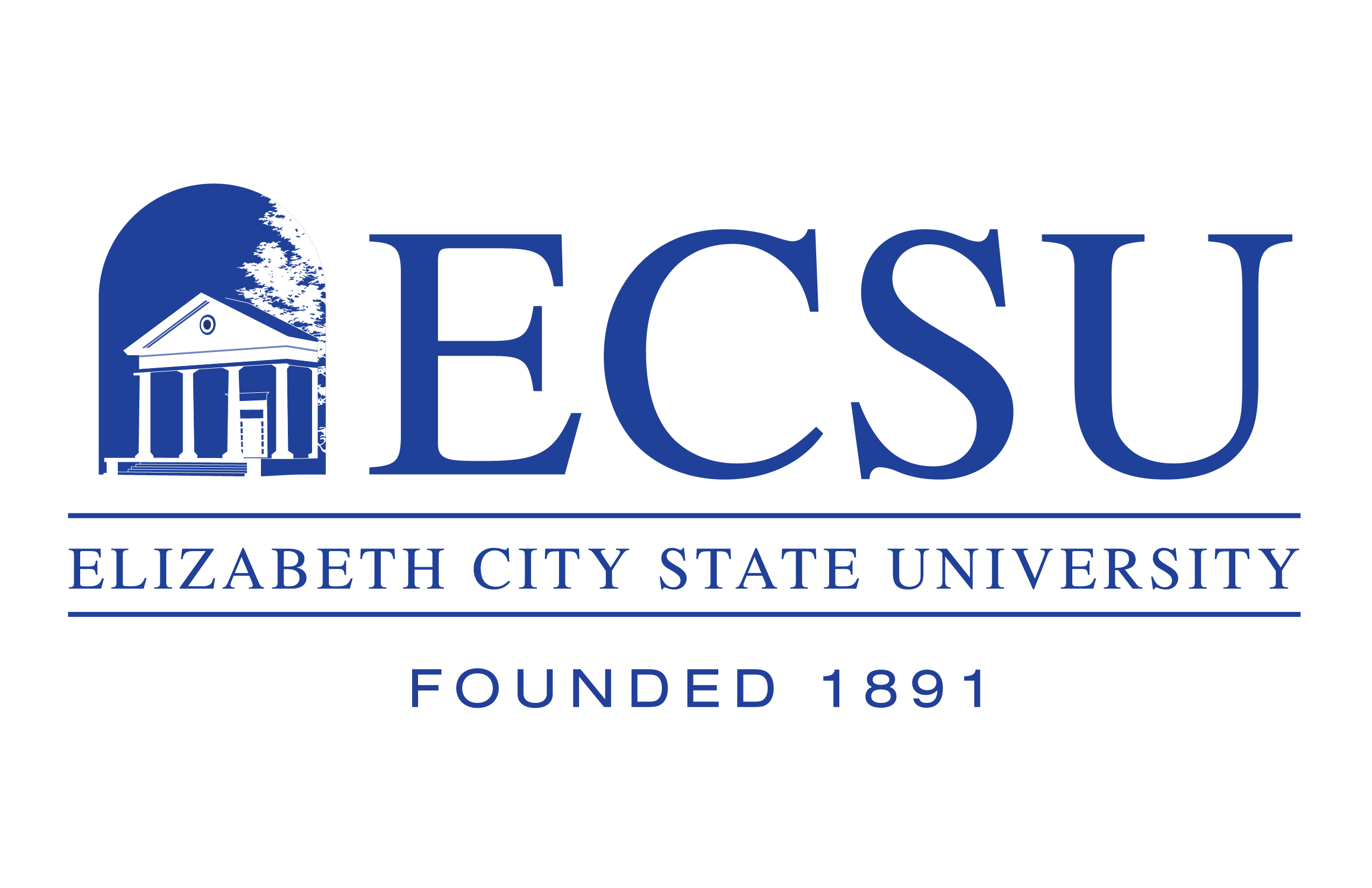Special and Unusual Circumstances
Students and families affected by COVID-19, recent national emergencies, or natural disasters. If you or your family have been affected by national emergencies like COVID-19 or natural disasters like flooding, tornadoes, or hurricanes, you may consider requesting a special circumstances review. A review does not guarantee additional financial support but does allow Financial Aid & Scholarships to consider any loss of wages or out-of-pocket expenses you or your family incurred because of the incident.
Special and Unusual Circumstances
The Free Applications for Federal Student Aid (FAFSA) is designed to provide a snapshot of a family's income and assets to determine their ability to contribute to the educational costs of a student. For some applicants, this snapshot does not reflect their current financial situation, due to some extenuating circumstances. By completing this form, we will reevaluate your circumstance to possibly create a more appropriate aid package.
Special Circumstances
Special circumstances refer to the financial situations that support a change to the Cost of Attendance or in the EFC calculation. Adjustments may be considered for loss of income for the following reasons:
- Loss of Employment or Reduced Wages for a student, spouse or contributing parent
- Loss of Benefits (unemployment, child support, etc.) after FAFSA submission
- Marital Separation/Divorce after FAFSA submission
- One-time Income (i.e. Severance, bonus, payout of benefits)
- Death of Parent or Spouse after FAFSA submission
- Unusually high child-care or dependent-care expenses
- Being homeless or a dislocated worker
- Tuition expenses at an elementary school or secondary school
- The parent (of a dependent student) being enrolled at least half-time as a student in college.
- Unusual Medical/Dental or nursing home expenses not covered by insurance.
- Other*
*If you have an extenuating reason not listed here, please complete the Special Circumstance form and select other and reach out to the Financial Aid Office for further information.
Budget Adjustments
ECSU students have an estimated cost of attendance, or a budget, and Financial Aid & Scholarships staff cannot award financial aid in excess of your budget. However, there are some scenarios where we are able to adjust the cost of attendance so that additional financial aid can be awarded. Adjustments to Cost of Attendance does not guarantee an increased financial aid award. If you have increases based on one or more of the following types of non-discretionary expenses, adjustment of your academic year cost of attendance may be possible.
- Medical/dental/disability expenses for the student
- Childcare expenses
- Computer
- Additional required educational expenses
- Additional transportation expenses
- Excess housing costs and/or food and shelter for dependents
- Other
If you would like to request a budget adjustment, please complete the COA Budget Adjustment form. Budget adjustment requests are evaluated only after the original FAFSA and all supporting documents have been reviewed. It may take 1-2 weeks to evaluate your request.
If your request results in increased eligibility for aid, you may receive additional assistance if funds are available. However, if the documentation you submit results in reduced eligibility for financial aid, you may be required to repay aid and/or previously awarded aid may be canceled or reduced.
Federal Direct loans amounts are limited by federal regulation. However, additional aid options may come in the form of a Parent PLUS loan (undergraduate dependent students only), a Graduate PLUS loan (graduate students only) or a private/alternative loan.
Unusual Circumstances
Unusual circumstances are the conditions that justify an adjustment to a student's dependency status based on abased on unique circumstances commonly referred to as dependency override.
- Human trafficking.
- Refugee/asylee status.
- Parental abandonment, estrangement, or parental incarceration
Unusual Circumstances DO NOT include:
- Parents refuse to contribute to a student’s education.
- Parents will not provide information for the FAFSA form or verification
- Parents do not claim the student as a dependent for income tax purposes.
- Student demonstrates total self-sufficiency.
